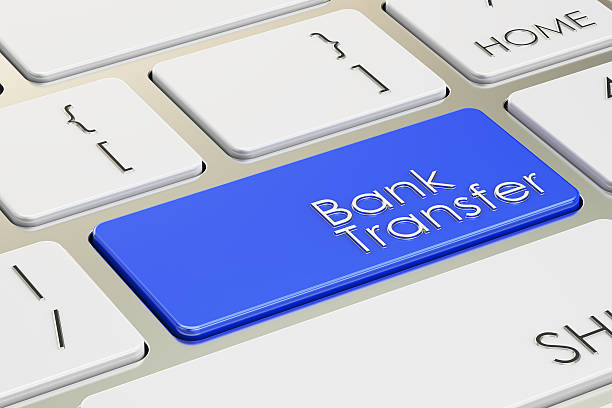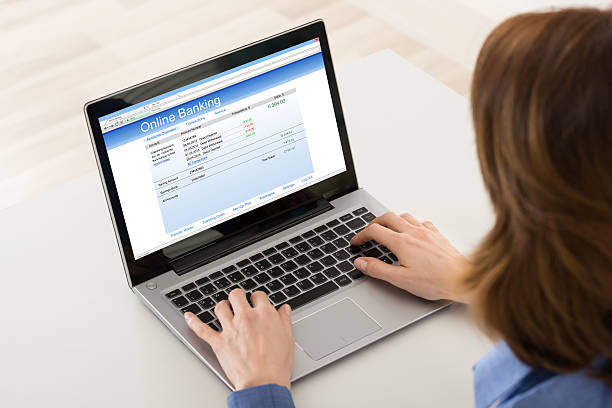In contrast to the standardized routing numbers used for domestic transactions within the United States, international wire transfers involve several layers of information, including the beneficiary bank's SWIFT/BIC code, IBAN (International Bank Account Number), and intermediary bank details. These components work in concert to facilitate the seamless movement of funds across borders. The traditional routing number, as used in the U.S., isn't directly applicable to international transfers.
Approaches to Validate Routing Information for International Wires
SWIFT/BIC Codes: The SWIFT/BIC code serves as a unique identifier for financial institutions worldwide. Before initiating an international wire transfer, ensure that the beneficiary's bank SWIFT/BIC code is accurate. This can typically be obtained from the recipient's bank or their official documentation.
IBAN Verification: The IBAN is a standardized international bank account number used in many countries. Verify the IBAN provided by the recipient to ensure that it adheres to the correct format for their country.
Intermediary Bank Information: For some international wire transfers, an intermediary bank might be involved in the process. Validate the intermediary bank's details to ensure that the funds are routed correctly.
Recipient's Information: Double-check the recipient's name, address, and other relevant details to prevent errors in the wire transfer instructions.
Bank Confirmation: Consider contacting your bank or the receiving bank directly to confirm the accuracy of the routing and account information before initiating the transfer.
Challenges and Considerations
Currency Conversion: International wire transfers often involve currency conversion. Be aware of potential exchange rate fluctuations and associated fees.
Processing Time: International wire transfers may take longer to process due to various factors, including time zone differences and banking holidays.
Fraud Prevention: Due to the risk of international wire transfer fraud, financial institutions might have additional verification steps in place.
Fees and Charges: International wire transfers can incur various fees, including intermediary bank charges. Be sure to understand the fee structure before proceeding.
Documentation: Keep a record of all communication and documentation related to the wire transfer for your records.
Conclusion
Validating routing information for international wire transfers involves a deeper understanding of the intricacies of international banking systems and protocols. Unlike domestic routing numbers, international transfers require verification of SWIFT/BIC codes, IBANs, and potentially intermediary bank details. As you navigate the world of international wire transfers, ensure that you're working with accurate and up-to-date information. Reach out to both your financial institution and the recipient's bank for guidance, and stay vigilant to prevent errors that could lead to delays or complications in your cross-border financial transactions.
Frequently asked questions (FAQs) related to finding a routing number on a check and how to verify a routing number




